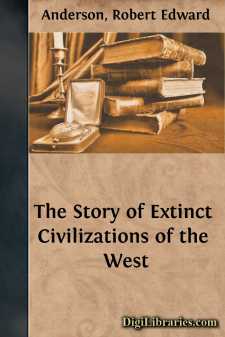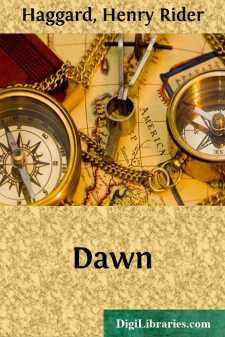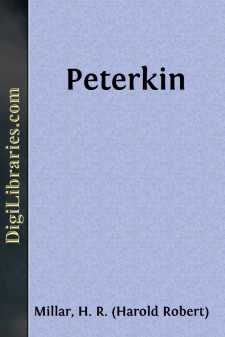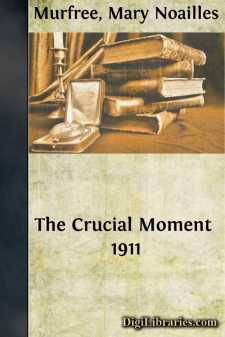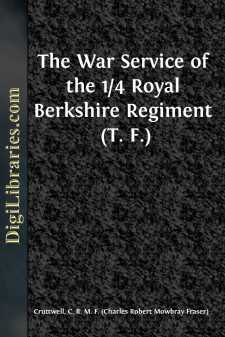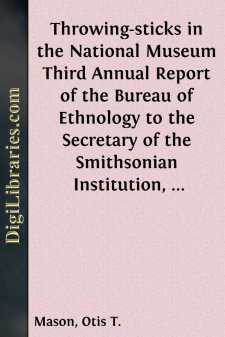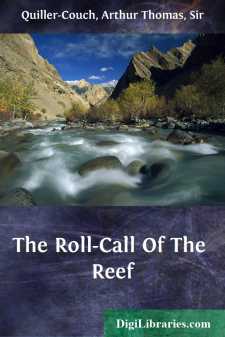Categories
- Antiques & Collectibles 13
- Architecture 36
- Art 48
- Bibles 22
- Biography & Autobiography 813
- Body, Mind & Spirit 142
- Business & Economics 28
- Children's Books 13
- Children's Fiction 10
- Computers 4
- Cooking 94
- Crafts & Hobbies 4
- Drama 346
- Education 46
- Family & Relationships 57
- Fiction 11828
- Games 19
- Gardening 17
- Health & Fitness 34
- History 1377
- House & Home 1
- Humor 147
- Juvenile Fiction 1873
- Juvenile Nonfiction 202
- Language Arts & Disciplines 88
- Law 16
- Literary Collections 686
- Literary Criticism 179
- Mathematics 13
- Medical 41
- Music 40
- Nature 179
- Non-Classifiable 1768
- Performing Arts 7
- Periodicals 1453
- Philosophy 64
- Photography 2
- Poetry 896
- Political Science 203
- Psychology 42
- Reference 154
- Religion 513
- Science 126
- Self-Help 84
- Social Science 81
- Sports & Recreation 34
- Study Aids 3
- Technology & Engineering 59
- Transportation 23
- Travel 463
- True Crime 29
Sort by:
INTRODUCTION Throughout all the periods of European history, ancient or modern, no age has been more remarkable for events of first-rate importance than the latter half of the fifteenth century. The rise of the New Learning, the "discovery of the world and of man," the displacement of many outworn beliefs, these with other factors produced an awakening that startled kings and nations. Then felt...
more...
CHAPTER I "You lie; you always were a liar, and you always will be a liar. You told my father how I spent the money." "Well, and what if I did? I had to look after myself, I suppose. You forget that I am only here on sufferance, whilst you are the son of the house. It does not matter to you, but he would have turned me out of doors," whined George. "Oh! curse your fine words;...
more...
CHAPTER I WHAT CAN HAVE BECOME OF HIM?Wewere all at tea in the nursery. All except him. The door burst open and James put his head in.'If you please, Mrs. Brough,' he began,—'Mrs. Brough' is the servants' name for nurse. Mamma calls her 'Brough' sometimes, but we always call her 'nurse,' of course,—'If you please, Mrs. Brough, is Master Peterkin...
more...
CHAPTER I AGAIN THE LONELY SOUTH FORK ROAD “You can’t hide anything from the chief,” observed Willie Creek, when Chief Fobes had left his garage, the scene of the mystery related in The Auto Boys’ Big Six. “Well, he didn’t seem to be a whole lot interested to find out who broke in here—who killed our dog,” replied Billy Worth, severely. “You don’t know him,” returned Mr. Creek....
more...
A mere moment seems an inconsiderable factor in life—only its multiplication attaining importance and signifying time. It could never have occurred to Walter Hoxer that all his years of labor, the aggregation of the material values of industry, experience, skill, integrity, could be nullified by this minimum unit of space—as sudden, as potent, as destructive, as a stroke of lightning. But after the...
more...
MOBILISATION AND TRAINING Late in the afternoon of August 2nd, 1914, the 4th Royal Berks Regiment joined the remainder of the South Midland Infantry Brigade for their annual camp on a hill above Marlow. War had broken out on the previous day between Germany and Russia, and few expected that the 15 days' training would run its normal course. It was not, therefore, a complete surprise when in the...
more...
by:
Otis T. Mason
I.—THROWING-STICKS IN THE NATIONAL MUSEUM. By Otis T. Mason. Col. Lane Fox tells us there are three areas of the throwing-stick: Australia, where it is simply an elongated spindle with a hook at the end; the country of the Conibos and the Purus, on the Upper Amazon, where the implement resembles that of the Australians, and the hyperborean regions of North America. It is of this last group that we...
more...
Preface. In one respect, this book is a parallel to Franklin's well-known apologue of the hatter and his sign. It was commenced with a sole view to exhibit the present state of society in the United States, through the agency, in part, of a set of characters with different peculiarities, who had freshly arrived from Europe, and to whom the distinctive features of the country would be apt to...
more...
CHAPTER I THE CALL OF THE PRAIRIE The diocese of Qu'Appelle, in the province of Saskatchewan, Western Canada, is so named from the Indian story which tells of the maiden who lay dying, calling piteously for her lover. He, far off in his canoe on the Saskatchewan River, suddenly heard a voice, and answered: "Qu'Appelle." The voice came again, and then he knew it for that of his...
more...
"Yes, sir," said my host, the quarryman, reaching down the relics from their hook in the wall over the chimneypiece; "they've hung here all my time, and most of my father's. The women won't touch 'em; they're afraid of the story. So here they'll dangle, and gather dust and smoke, till another tenant comes and tosses 'em out o' doors for rubbish. Whew!...
more...


